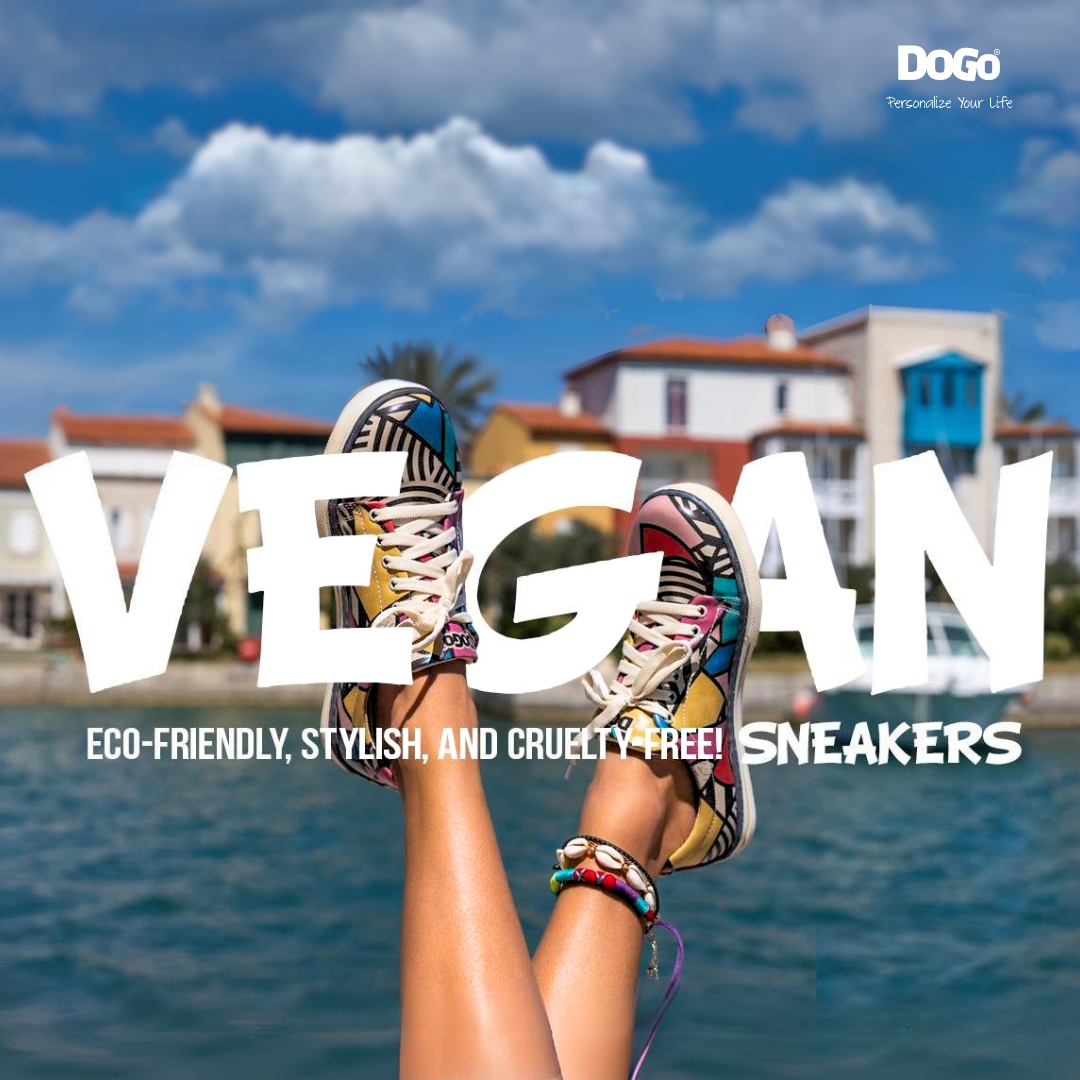
Veganism is a lifestyle that involves avoiding the consumption of animal products for ethical, environmental, and health-related reasons. Many people may find becoming vegan difficult or complicated, but with the right information and guidance, this process can be made easier. Being vegan does not simply mean abstaining from animal foods; it also means standing against all forms of animal exploitation and developing more conscious consumption habits. In the process of becoming vegan, it is important to adopt ethical values, reassess shopping habits, and shift towards a healthy, plant-based diet. Some tips and guides can make this journey easier as you take steps toward this lifestyle, but first, it’s necessary to understand the philosophy of veganism.
The Philosophy of Veganism
Veganism is based on a philosophy that rejects the exploitation of animals in any form by humans. Vegans believe that animals, like humans, are sentient beings and oppose their use for food, clothing, entertainment, or other purposes. This philosophy advocates an ethical stance on animal rights, grounded in the principle that all living beings have a right to life. Veganism is also associated with environmental concerns. The livestock industry harms nature, contributing to climate change and the loss of biodiversity.

The vegan philosophy promotes the consumption of plant-based products as a way to protect the environment and create a more sustainable world. Vegan individuals engage in behaviors based on avoiding animal exploitation in their daily lives. Vegan practices are not limited to changing dietary habits but also involve opting for animal-free alternatives in areas such as clothing, cosmetics, and cleaning products. For example, vegans avoid wearing clothes made from leather, fur, wool, or silk. Instead, plant-based or synthetic alternatives are preferred. The main goal of vegan practices is to adopt a lifestyle where animals are not exploited in any way and to advocate for ethical consumption in all areas.
Additionally, vegan practices are closely related to conscious consumerism. Vegans support brands that have environmentally friendly and sustainable production processes. Being sensitive to animal rights and the environment is an important part of the vegan lifestyle.
Grocery Shopping for Vegans
One of the fundamental steps in becoming vegan is choosing plant-based foods. Vegan grocery shopping means completely avoiding animal products and only purchasing vegetables, fruits, grains, legumes, and other plant-based items. When shopping for vegan food, it is important to carefully read labels and check the ingredient list. Some products may contain animal additives or hidden animal ingredients.
Some important food groups to consider when shopping as a vegan include:
– Dairy Alternatives: Plant-based milk varieties like almond milk, soy milk, and oat milk are popular choices for vegans.
– Meat Alternatives: Plant-based protein sources like tofu, tempeh, and seitan are popular options for vegans.
– Plant-Based Oils: Vegans prefer olive oil, coconut oil, and other plant-based oils for cooking.
– Grains and Legumes: Quinoa, lentils, and chickpeas are rich sources of protein and other nutrients for vegans.
Another important aspect of vegan shopping is minimizing environmental impact by choosing local and organic products. Reducing the use of plastic and selecting products with eco-friendly packaging is also part of the vegan lifestyle.
Vegan Fashion
The vegan lifestyle is also reflected in fashion and textile choices. Vegans avoid materials such as leather, fur, wool, and silk and instead choose clothing and accessories made from plant-based or synthetic materials.

Vegan fashion is an approach that embraces cruelty-free, environmentally conscious, and ethical production processes. Some alternative materials popular in the vegan textile industry include:
– Hemp and Bamboo: These fast-growing plants provide eco-friendly and durable alternatives.
– Mushroom Leather: Gaining popularity in recent years, mushroom leather offers a sustainable, animal-free alternative to leather.
– Synthetic Materials: Materials like nylon and polyester are frequently used alternatives in vegan fashion. However, due to their environmental impact, versions derived from recycled or sustainable sources should be preferred.
In vegan fashion, it is also important to choose brands with “cruelty-free” certifications. These certifications guarantee that products are not tested on animals and do not contain animal-derived materials. In recent years, many major fashion brands have started releasing vegan collections, demonstrating the rapid growth of vegan fashion.
